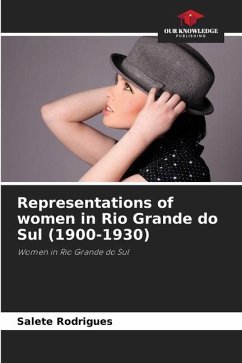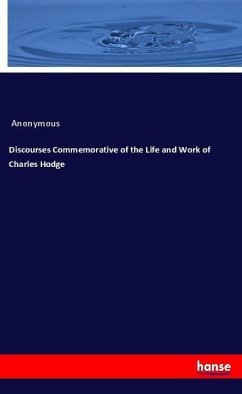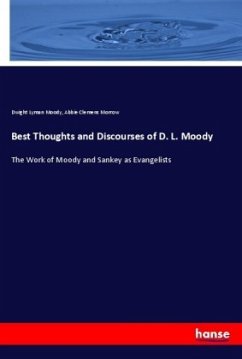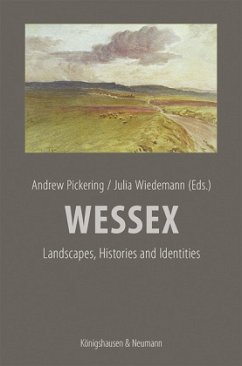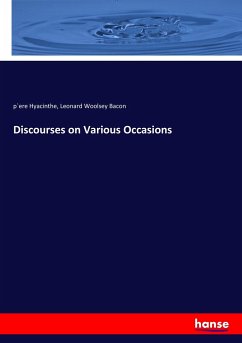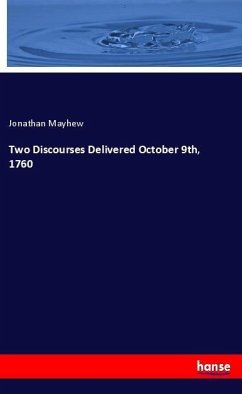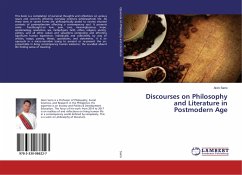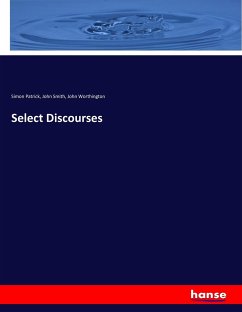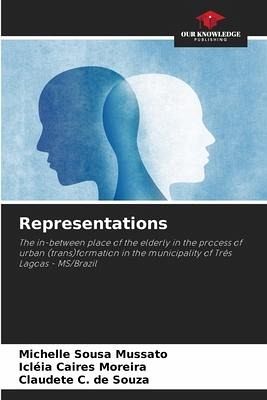
Representations
The in-between place of the elderly in the process of urban (trans)formation in the municipality of Três Lagoas - MS/Brazil
Versandkostenfrei!
Versandfertig in 6-10 Tagen
27,99 €
inkl. MwSt.

PAYBACK Punkte
14 °P sammeln!
This study aims to problematise the discourse of the elderly and their representations of the socio-economic development of the city of Três Lagoas, Mato Grosso do Sul. Our hypothesis is that the elderly subject's representations of their geohistorical locus, intertwined and interwoven with their narrative of self, can both legitimise their citizenship as a member of a nationalised collective and demarcate their position as a subject of exclusion in the constitution of the multiple faces of their identity. To this end, in a transdisciplinary movement, we have drawn on French Discourse Analysi...
This study aims to problematise the discourse of the elderly and their representations of the socio-economic development of the city of Três Lagoas, Mato Grosso do Sul. Our hypothesis is that the elderly subject's representations of their geohistorical locus, intertwined and interwoven with their narrative of self, can both legitimise their citizenship as a member of a nationalised collective and demarcate their position as a subject of exclusion in the constitution of the multiple faces of their identity. To this end, in a transdisciplinary movement, we have drawn on French Discourse Analysis (PÊCHEUX, 1988; CORACINI, 2007), Foucauldian Archaeogenealogy (1997-2013-2014) and a post-colonialist perspective (NOLASCO, 2013; BHABHA, 2013; SANTOS, 2007), with the aim of promoting an analytical gesture on the delineation of these representational processes born from the elderly person's view of themselves and the city locus in which they live. A modernist process of concealing the multiple and the heterogeneous behind a totalising, single and homogenous appearance that makes the city's history and memory invisible to make way for a modern, capital-generating representation.



